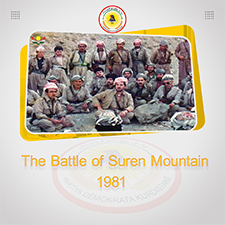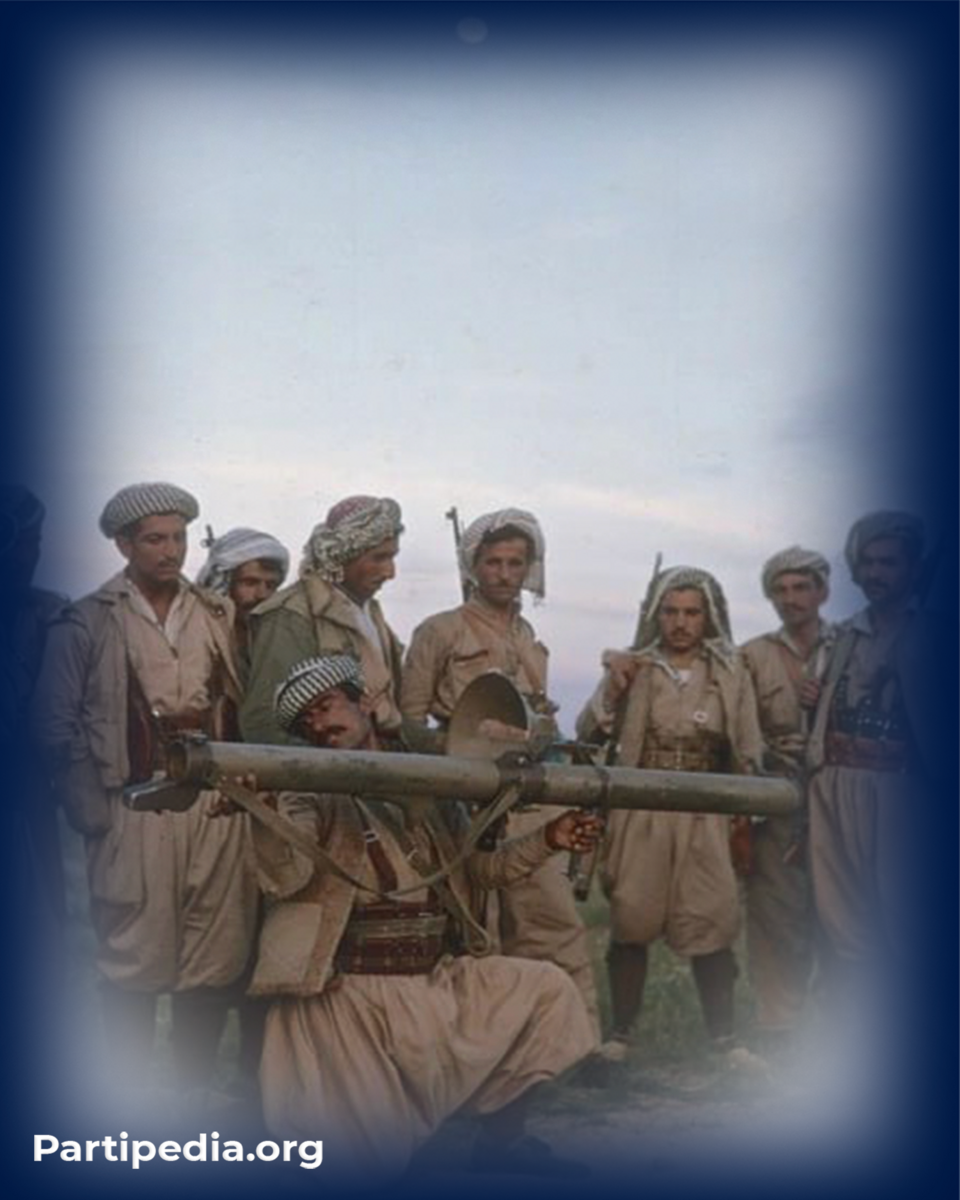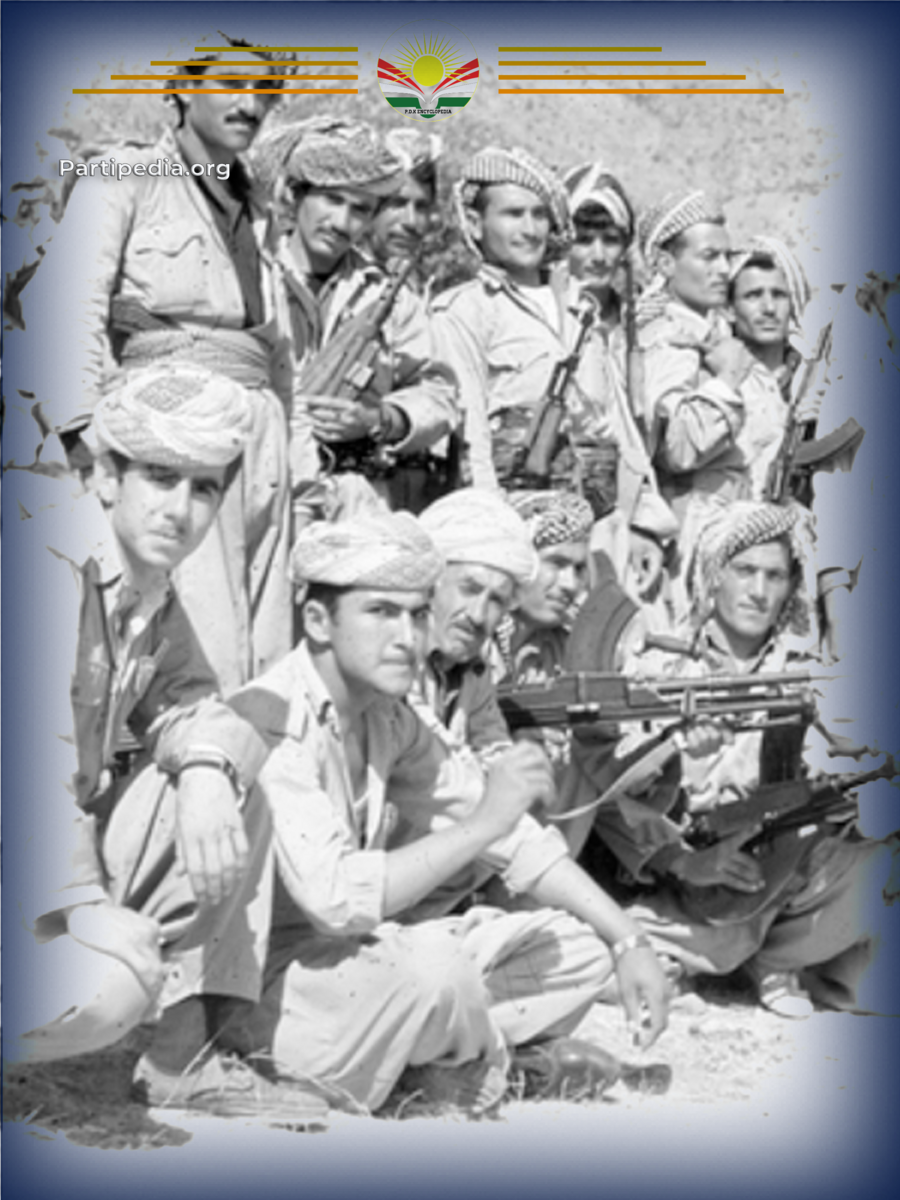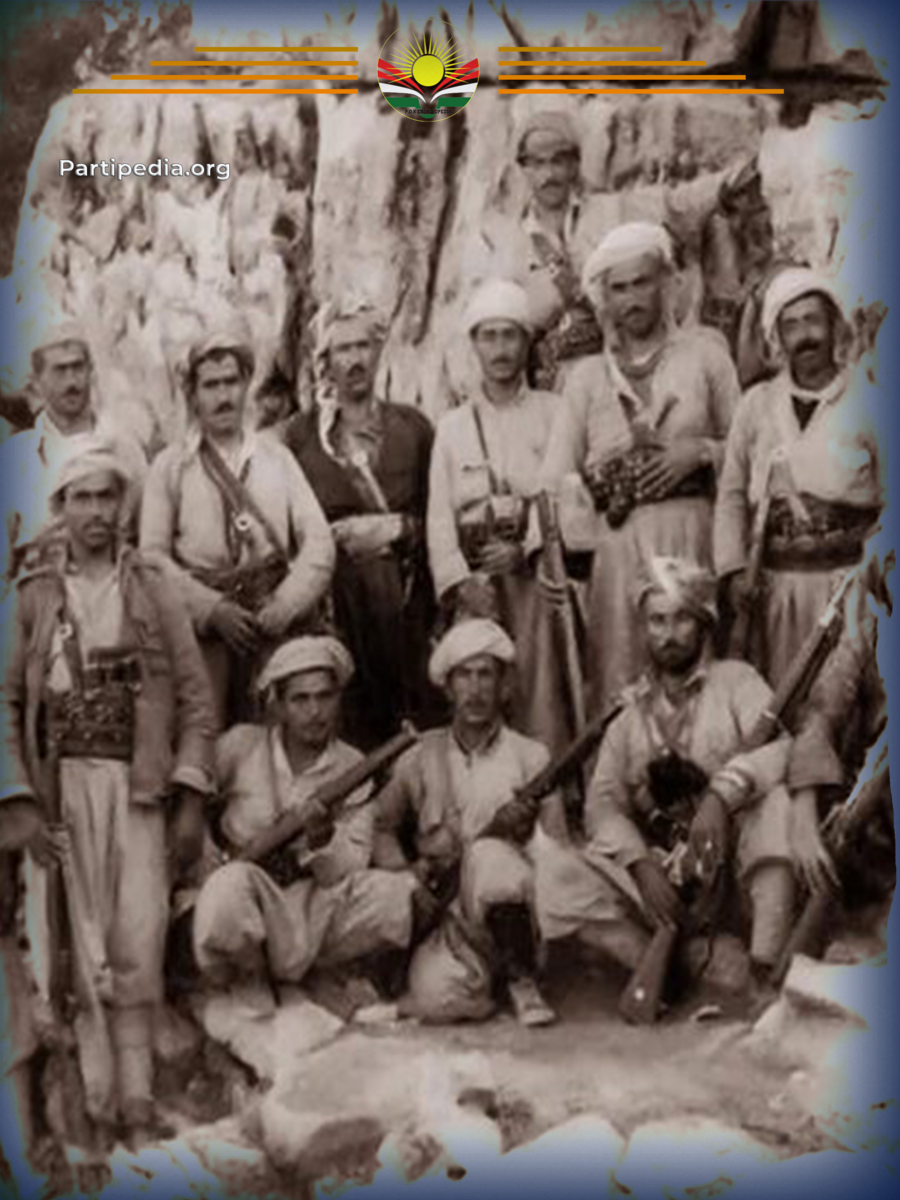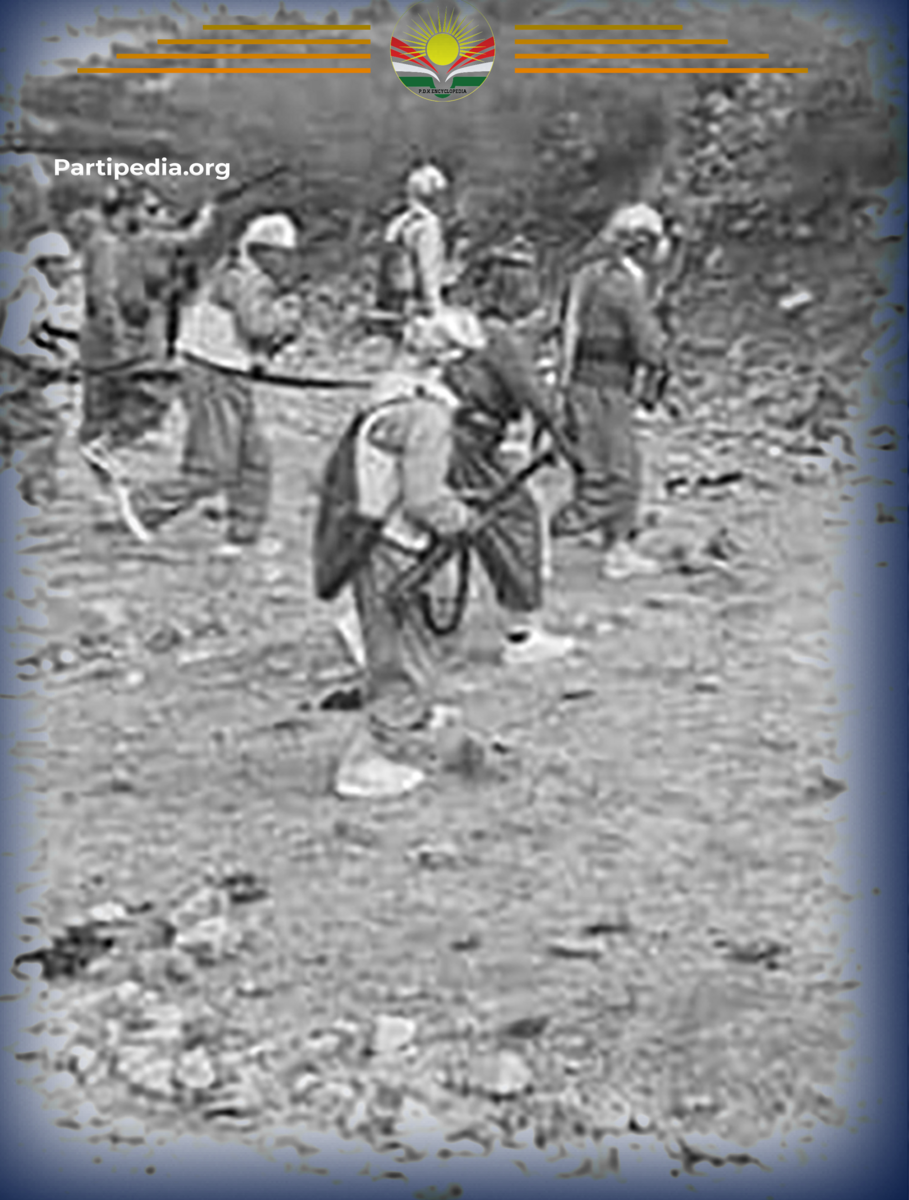Following the collapse of the Eylul Revolution, the Ba'ath government deployed military forces throughout the entirety of its territory, including hills, valleys, and roads. However, due to the outbreak of the war with Iran (1980-1988), the Ba'ath government was compelled to utilize these forces in the conflict, necessitating their relocation to various battlefields. Consequently, this presented the Kurdistan Peshmerga forces with an opportunity to enjoy greater freedom of movement and expand the liberated areas. Moreover, it facilitated direct contact with the masses, enabling them to mobilize support and enhance their political and Peshmerga activities[1].
The most notable events during this period were the battles of 1981, where the Peshmerga forces dealt two significant blows to the Iraqi army in the village of Banibnok, located in the Suren Mountains as well as the Zalm and Karchal regions. These battles showcased remarkable activity and inflicted severe damage upon the Iraqi army soldiers. Numerous soldiers were killed and wounded, and 124 others were captured as prisoners. Additionally, the Peshmerga forces acquired hundreds of weapons and military equipment. Tragically, four Peshmergas, namely Akram Hama Rashid Banibnoki, Sulaiman, Osman Penjweni, and Peshmerga Commander Abubakr Mahmoud Banibnoki[2], lost their lives during these operations. In the same year, the Peshmerga forces continued their activities against the Ba'ath government in the region. Throughout the first half of 1981, the Peshmerga forces conducted over 238 diverse operations against the army, fighters, and government institutions. During these operations, the government forces suffered a total of 1251 casualties, including fatalities and a significant number of wounded individuals. Despite obtaining a substantial amount of weaponry, ammunition, equipment, and military alliances, the Peshmerga activities resulted in the martyrdom of 48 Peshmerga[3].
It is important to note that military activities play a crucial role in boosting the morale of the Peshmerga, the masses, and the revolution's supporters during any revolution or armed uprising. Simultaneously, it instills hope in their hearts, making them believe they are nearing success and achieving their objectives, while also instilling fear and anxiety in the opposing side. It is imperative that their legitimate demands are acknowledged, and efforts for dialogue and agreement are pursued[4].
Sources:
- مهسعود بارزانی، بارزانی و بزوتنهوهی ڕزگاریخوازی كورد، بهرگی چوارهم، 1975-1990 شۆڕشی گوڵان، بهشی دووهم، چاپی یهكهم، چاپخانهی ڕوكسانا، 2021.
- جهمال فهتحوڵڵا تهیب، بزوتنهوهی ڕزگاریخوازی كورد له باشوری كوردستان (21/3/1975 - 28/11/1980)، چاپی یهكهم، چاپخانهی شههاب، ههولێر، 2012.
- عومهر عوسمان، ژیانی كوردێك ، چاپخانهی موكریان، چاپی دووهم، ههلێر – 2008.
[1] جهمال فهتحوڵڵا تهیب: بزوتنهوهی ڕزگاریخوازی كورد له باشوری كوردستان (21/3/1975 - 28/11/1980)، چاپی یهكهم، چاپخانهی شههاب، ههولێر، 2012، ل213.
[2] مهسعود بارزانی: بارزانی و بزوتنهوهی ڕزگاریخوازی كورد، بهرگی چوارهم، 1975-1990 شۆرشی گوڵان، بهشی دووهم، چاپی یهكهم، چاپخانهی ڕوكسانا، 2021، ل58.
[3] مهسعود بارزانی: ههمان سهرچاوه، ل58.
[4] عومهر عوسمان: ژیانی كوردێك ، چاپخانهی موكریان، چاپی دووهم، ههلێر – 2008، ل138.




